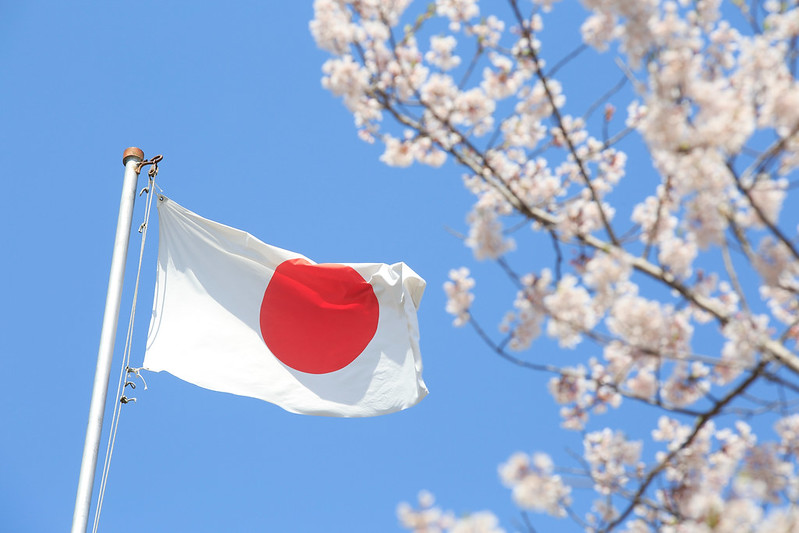Japan has moved to clarify misconceptions surrounding a new initiative aimed at deepening diplomatic and cultural ties with four African countries, after reports sparked public outcry and confusion over immigration policies.
The programme, unveiled at the end of an international conference on African development in Yokohama, seeks to foster closer relations between four Japanese cities , Imabari, Kisarazu, Sanjo and Nagai and African nations through personnel exchanges and cultural events. The participating African countries are Mozambique, Nigeria, Ghana and Tanzania.
However, the announcement led to misinterpretations in local and international media, fueling speculation that the programme involved mass immigration or permanent residency opportunities for African citizens. Critics called on Japan’s Immigration Services Agency to review policies for the four nations involved.
In Sanjo, Mayor Ryo Takizawa dismissed rumors that the city planned to accept migrants from Ghana.
“It is not true that the city has requested to accept migrants or immigrants from Ghana, and the city has no plans to make such a request in the future,” Takizawa stated.
The confusion reportedly began after Tanzania’s local media outlet, Tanzania Times, published a story with the headline “Japan dedicates Nagai city to Tanzania.” The Japanese word sasageru, used in social media translations, was interpreted to mean the city was being “sacrificed” to Tanzania, according to Asahi Shimbun.
Similarly, Nigeria’s government appeared to misunderstand the programme, issuing a statement suggesting Kisarazu was open to Nigerians “willing to live and work” in Japan and claiming a special visa category would be created for skilled Nigerians. Japan’s foreign ministry has since asked the Nigerian government to retract the claim.
The Japan International Cooperation Agency (JICA) confirmed that several media reports contained “inaccuracies and potentially misleading information.”
“JICA is currently urging the relevant local media and the African government [sic] to promptly correct the inaccuracies contained in their coverage,” the agency noted on its website.
Japanese officials emphasized that the initiative is strictly focused on cultural exchange and diplomacy, with no connection to immigration or visa policy changes.


















